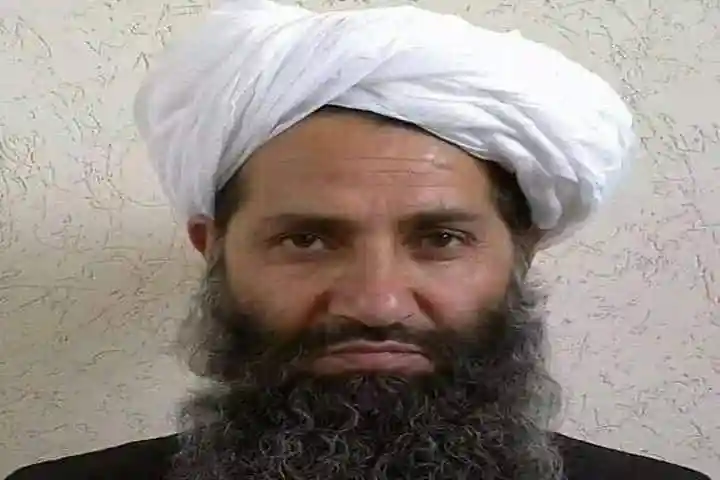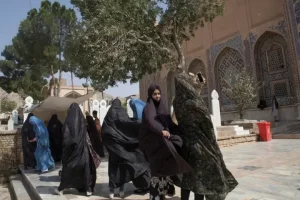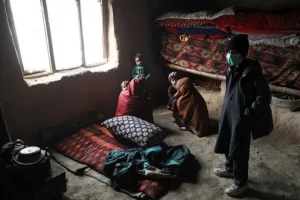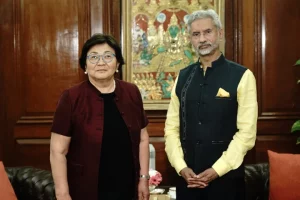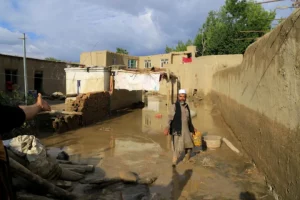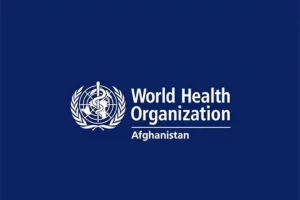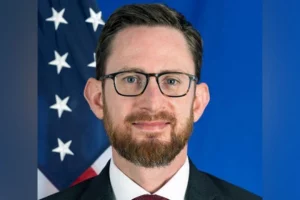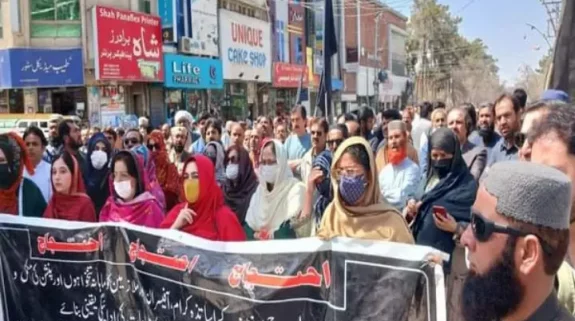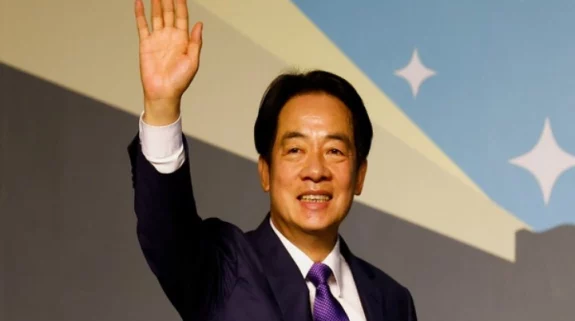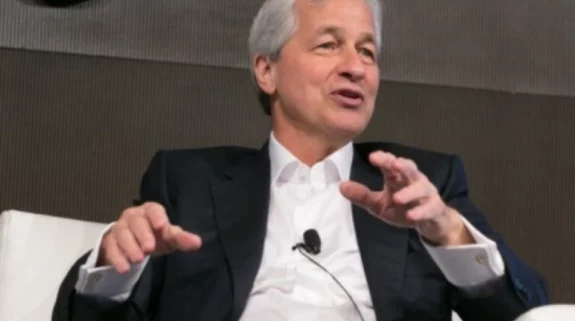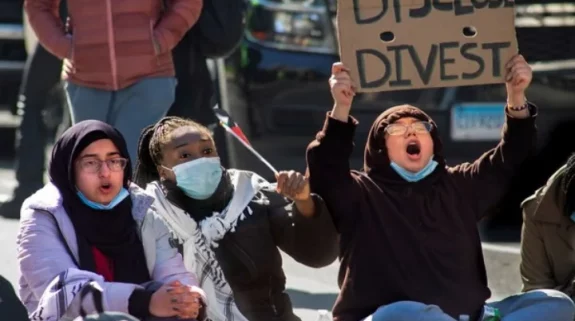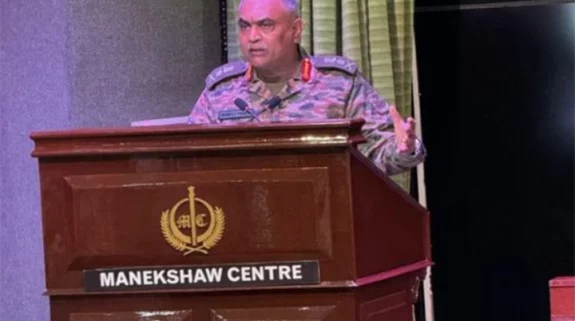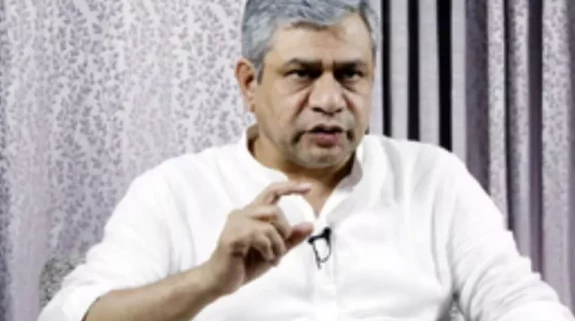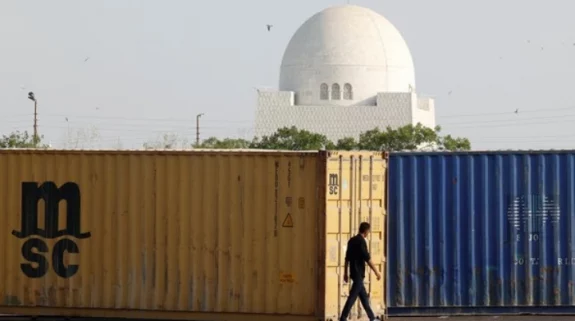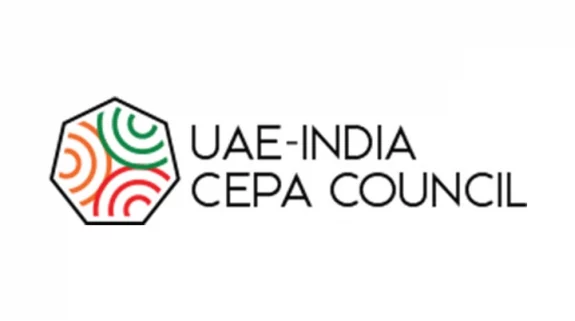The Taliban is set to reveal its government as early as Thursday evening Afghanistan's TOLO news channel is reporting, citing its sources.
Ahmadullah Muttaqi said on social media that preparations are on at the presidential palace in Kabul where the ceremony is going to take place in the presence of the Taliban supremo, Hibatullah Akhundzada, who will be the ultimate boss of the new Afghanistan government.
The Ministry of Information and Cultural affairs has made arrangements for the upcoming ceremony in the Presidential Palace. The announcement of the new government will be made in this upcoming ceremony. pic.twitter.com/kNRntQ4L1i
— Ahmadullah Muttaqi (@Ahmadmuttaqi01) September 1, 2021
“Consultations are almost finalized on the new government, and the necessary discussions have also been held about the cabinet. The Islamic government that we will announce will be a … model for the people. There is no doubt about the presence of the Commander of the Faithful (Akhunzada) in the government. He will be the leader of the government and there should be no question on this,” Anamullah Samangani, a member of the Taliban’s cultural commission, told TOLO News.
The governing system will not be a Republic nor will it be an elected one. An unelected leadership council is how the Taliban ran their previous regime which brutally enforced their strict interpretation of Islamic law. The Taliban chief Hibatullah Akhundzada will be the ultimate power over a governing council, with a president and/or prime minister below him who will run the country on a daily to daily basis.
Sher Mohammed Abbas Stanikzai, the spokesman of the Taliban told BBC that there will not be any woman in the senior posts of the Taliban’s cabinet. He said women who served in the former US-backed government will not be included in the new administration. He insisted that It will be an "inclusive" government but gave no details. The legitimacy of the new Taliban government in the eyes of international donors and investors will be crucial for Afghanistan's economy which is in shambles and could collapse if it does not get any help.
Also Read: India and Taliban open direct talks in Doha hours after US exit from Afghanistan
For the last few days, the group has been going through a power tussle among the various groups inside the Taliban.
Among the three deputies of Akhundzada, while Mullah Baradar, the co-founder of the group is expected to be the president, the main point of friction is between the other two deputies – Mullah Yakub, son of the founder Mullah Omar who thinks that he is the rightful heir to his father’s legacy and Sirajuddin Haqqani– the most powerful militant commander in Afghanistan.
As head of the notorious Haqqani network, the territory now under the control of his fighters includes Kabul and the northern city of Mazar-i Sharif, in addition to key border crossings into northwestern Pakistan, Uzbekistan, and Tajikistan.
Sanctioned by the United States as an international drug trafficker and an officially designated terrorist leader, Sirajuddin Haqqani is purported to have the Taliban's strongest ties to both the Al-Qaeda terrorist network and Pakistan's Inter-Services Intelligence (ISI) agency. His brother Anas and uncle Khalil- ur- Rahman Haqqani played key roles in the fall of Kabul.
While Yakub is expected to become the defence minister, Sirajuddin is the frontrunner for the post of interior minister in the new government . But both of them want to get their supporters and trusted kins in the powerful posts in the administration as well as in the council.
According to a report of the Hindustan times, Yaqub said that those living in luxury of Doha cannot dictate terms to those involved in Askari jihad against the US and the then Afghan government. The comment was an obvious reference to Mullah Baradar, Sher Mohammed Stanekzai and others who handled the political office of Taliban in Doha.
Also Read: India will not abandon Afghan people, but recognition of Taliban not on the radar
Some Taliban leaders have also already been appointed to posts such as the governorship of Kabul, the head of intelligence, acting interior minister, and acting finance minister. A former Guantanamo detainee, Mullah Abdul Qayyum Zakir was appointed as the Taliban's acting defence minister.
Despite attempts at a cohesive government formation, factional divisions between the Taliban's Quetta Shura leadership council and militant commanders have been there since the death of Taliban founder Mullah Mohammad Omar in 2013.
The Taliban have been trying to keep a united front with a moderate face to the world but the United States, the European Union, India and even Russia and Iran have decided to “not to take Taliban at their word” but “will take them at their deeds."






